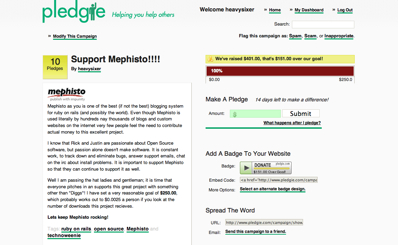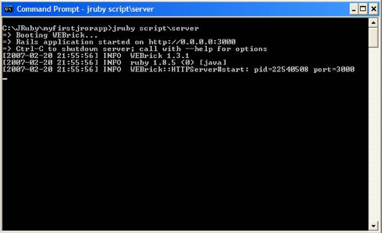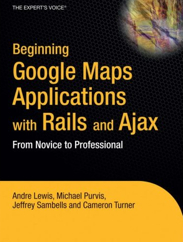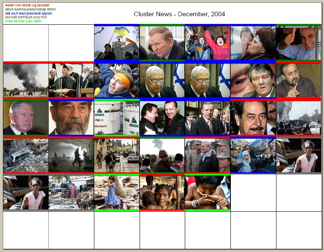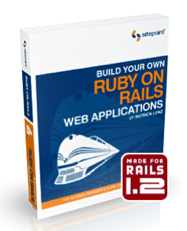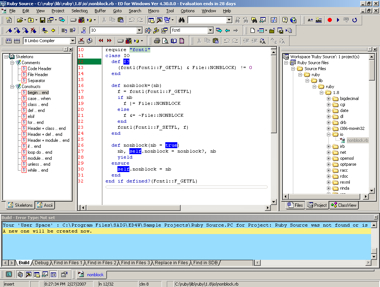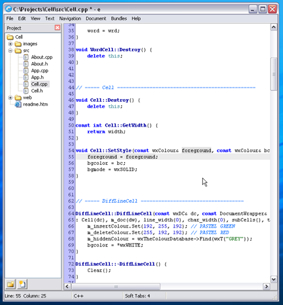
Over at the O’Reilly Ruby Blog, Jim Alateras laments the recent stalling of development on RadRails, but suggests an alternative solution: E-TextEditor, a “TextMate” alternative for Windows. The initial reports I’ve read about it are that it’s rather good, and after watching the screencast I’d say it looks to be a pretty good editor and I’d give it a try if if used Windows. If you’re a Windows user, give it a look.
Now for the editorial bit.. Read More

